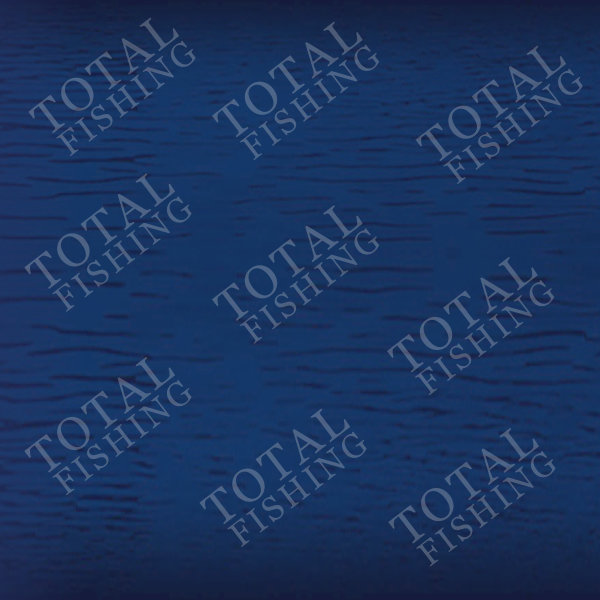A proposal to extend the salmon commercial netting season in the Erne Estuary has been heavily criticised by the rura
The Northern Region Fishery Board (NRFS) are the Government body responsible for management of the estuary and are supposed to be conserving the salmon stocks in the area.
Countryside Alliance Ireland who represent the views of over 50,000 people throughout Ireland have hit out strongly at the proposal, saying it will further devastate the already dwindling salmon stocks in the Erne.
Keen angler and Countryside Alliance
“What the Minister is being asked to do, is to increase the season for draft netting so that it will increase profits for a few at the expense of our already scarce wild Atlantic salmon. We will certainly be putting maximum pressure on Minister Dermot Ahern to not agree with this proposal.
“The Northern Region Fishery Board claim that the netsmen will release all wild salmon captured but this is a laughable assumption to make considering the failure of the NRFB to protect the stocks to date. Why would the commercial fishing men spend time trying to catch the salmon, only then to release them?
“It was only last June that a report commissioned by the Minister’s own Department recommended a reduction in the commercial netting catch. They certainly did not recommend the introduction of an extended season to increase the salmon being caught by commercial netsmen. Conservation is what we need; not measures to further reduce the number of salmon numbers that are at an already alarming population level.”
He continued: “The Government report also stated that every wild salmon caught on a rod is worth €423.00, while a netted one is only valued at a mere €22. To date, over 95% of the Republic’s catch is taken by commercial netting while only under 5% of Salmon are taken by rod and line.
“In tourism terms, an estimated 24,000 people visit
“The Atlantic salmon is an important part of our heritage; an important tourist attraction and tens of thousands of Irish people enjoy salmon fishing. These facts must be recognised and urgent action taken to address the core reasons for the decline in native stocks of salmon.
“Working closely with our partners, we in Countryside Alliance






